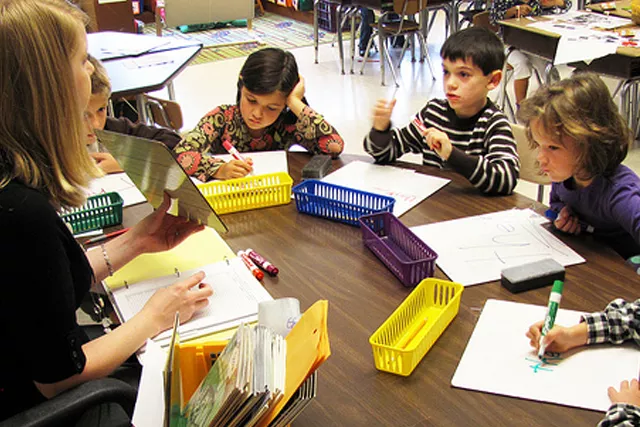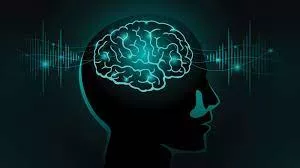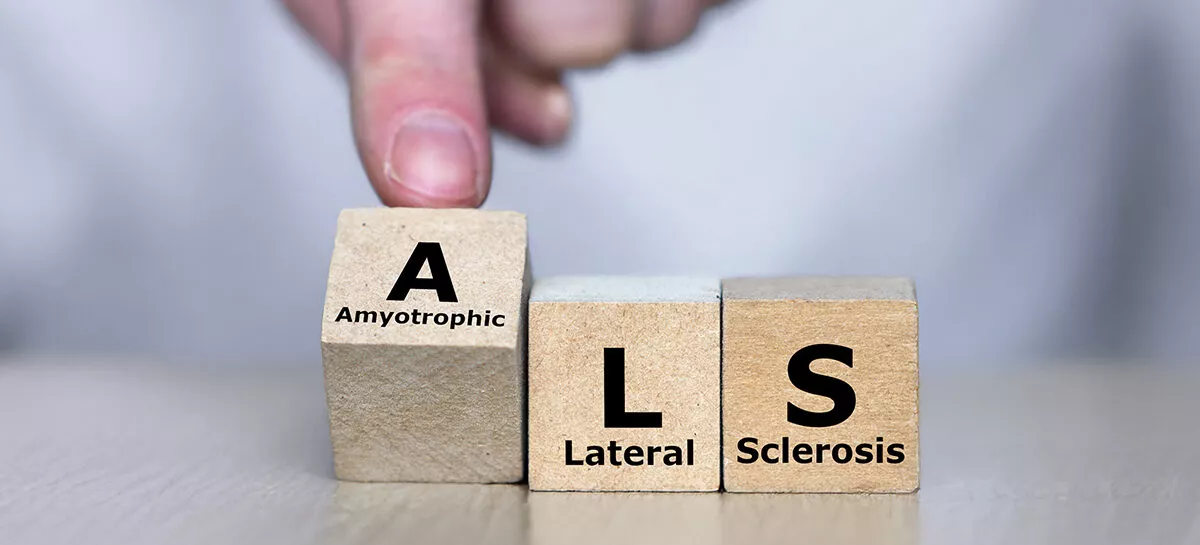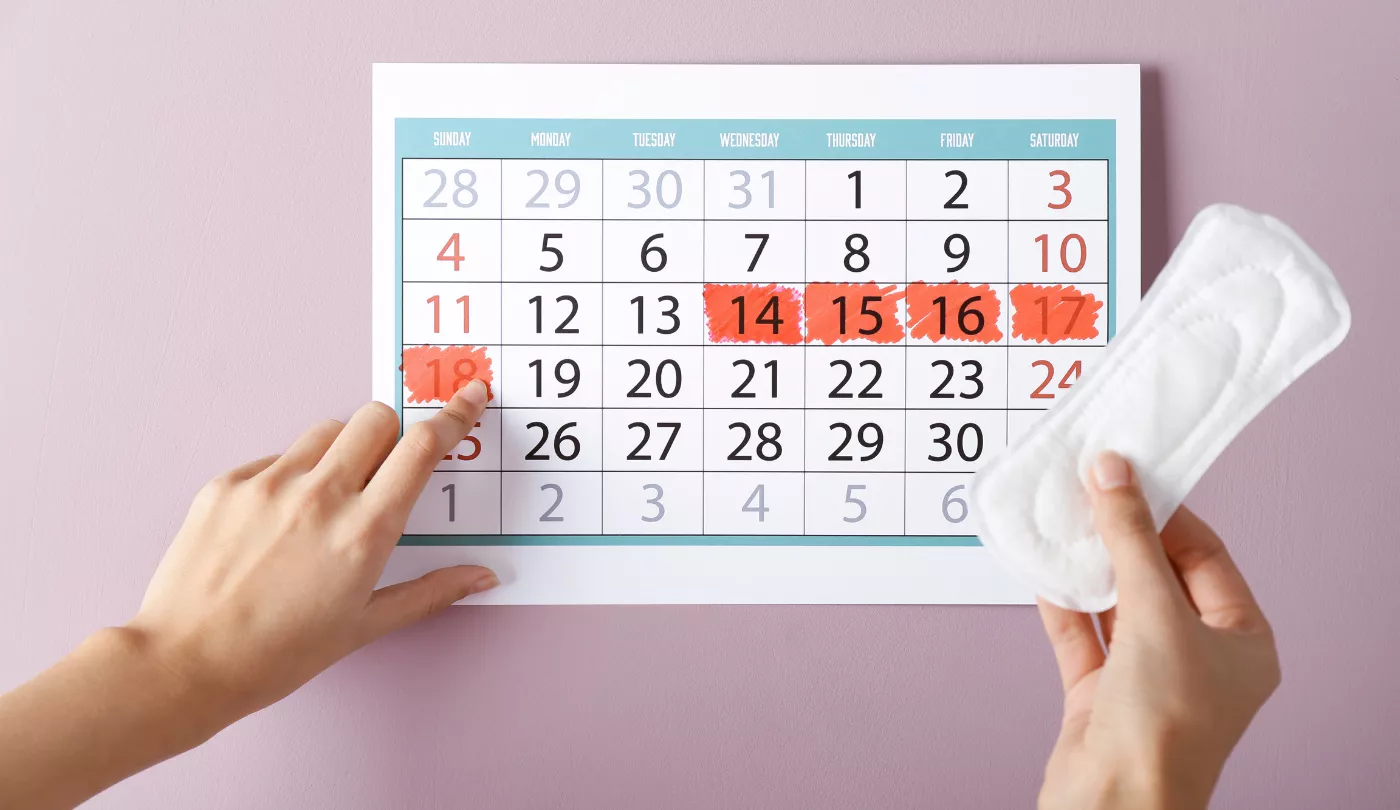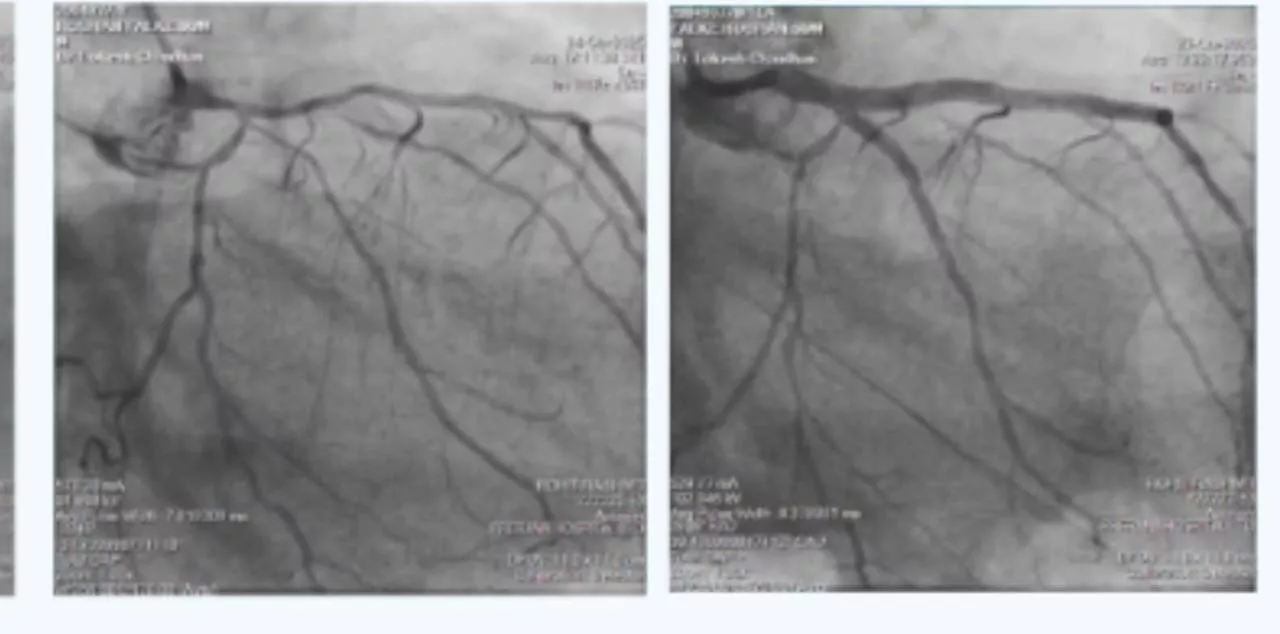How teachers can recognise the signs of dyslexia
Letter and number reversal is a common warning sign of dyslexia. Though almost all children usually do so till the age of seven or eight, a child needs to be screened for dyslexia or other learning problems if he/she continues to do so even after that.
A child with dyslexia might face difficulty copying what’s written from another book or the board and remember content from a video or a story book, in spite repeated efforts to learn.
Difficulty in understanding and remembering what he/she has heard and also, recollecting sequences of things.
Lack of co-ordination, inability to be a part of organised sports and games.
Difficulty in differentiating between left and right; and delay in defining whether a left hander/ right hander.
Inability to find the right words to express their thoughts. Children with dyslexia may also only grasp certain words of the sentence and use a similar word instead.
It is important to deal with dyslexic children with a lot of patience as these children may lose their interest in school-related activities and become withdrawn and depressed. Problems with self-esteem can also arise, if not given proper emotional and social support.
How parents can cope with Dyslexia
- A positive home environment is extremely crucial for a dyslexic child.
- Parents should motivate their child to overcome this disability and give them with love and support.
- Work closely with his/her teacher to monitor their progress.
- Consult the pediatrician to ensure the child’s physical and mental development is on track.
- Ensure the child is provided professional support through Therapy
What parents and teachers need to know
- Keep a dedicated, quiet area for activities like reading or answering comprehension questions for children with dyslexia
- Use audio books
- Make them read from books with large print and big spaces between lines
- Allow the use of a laptop or other computer for in-class essays
- Use multi-sensory methods for teaching
- Teach students to use logic rather than sheer memory
- Teach in small units
Since there are different forms of learning disabilities, it is important to establish the exact problem the child is facing. The school psychologist will help diagnose whether the child has a learning disability or not and if yes, then which one, dyslexia, dysgraphia or dyscalculia. You can also consult a doctor at the best paediatric & neonatology hospital in Kochi for treatment
